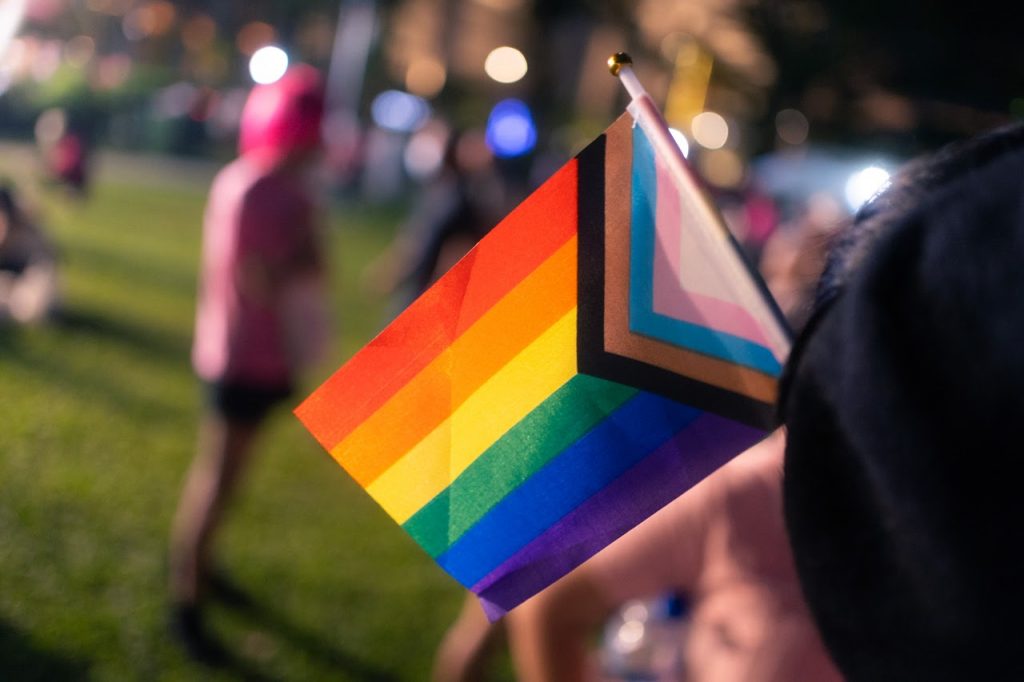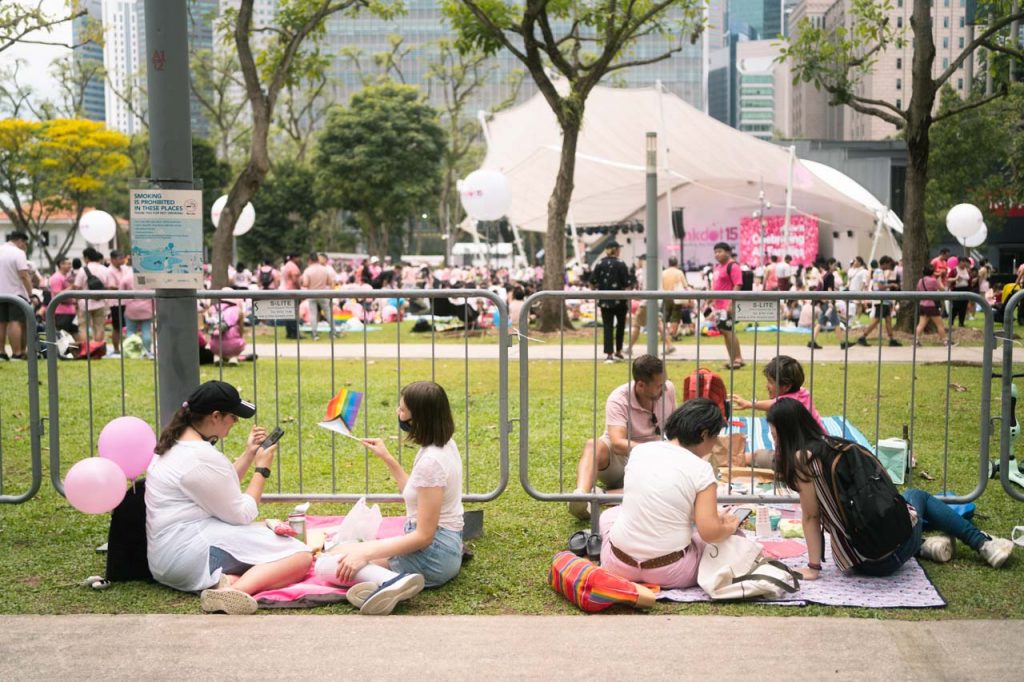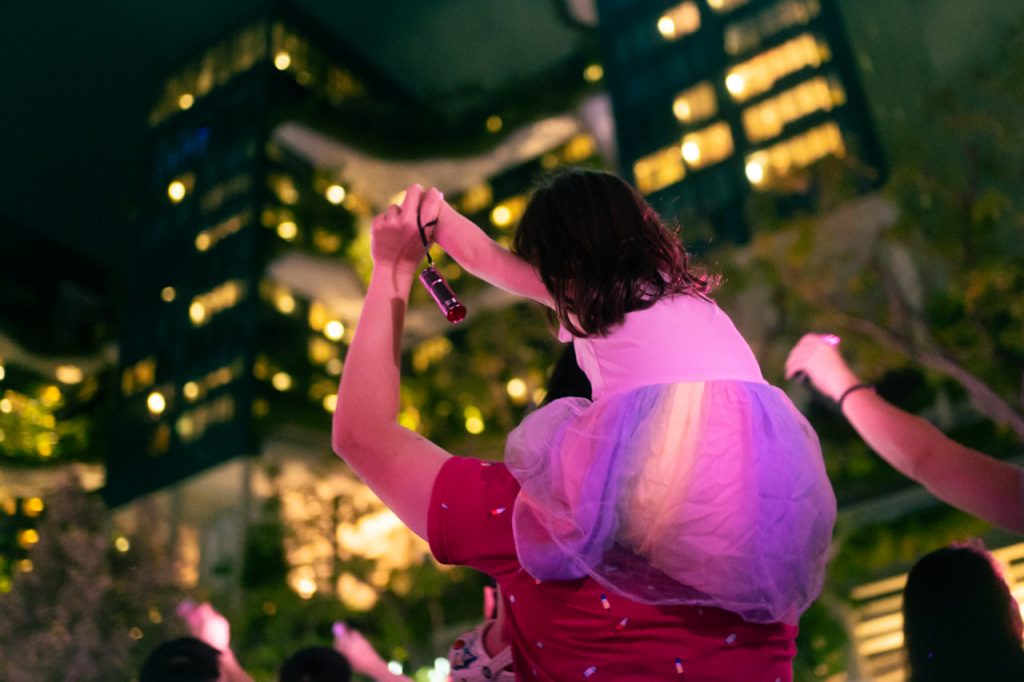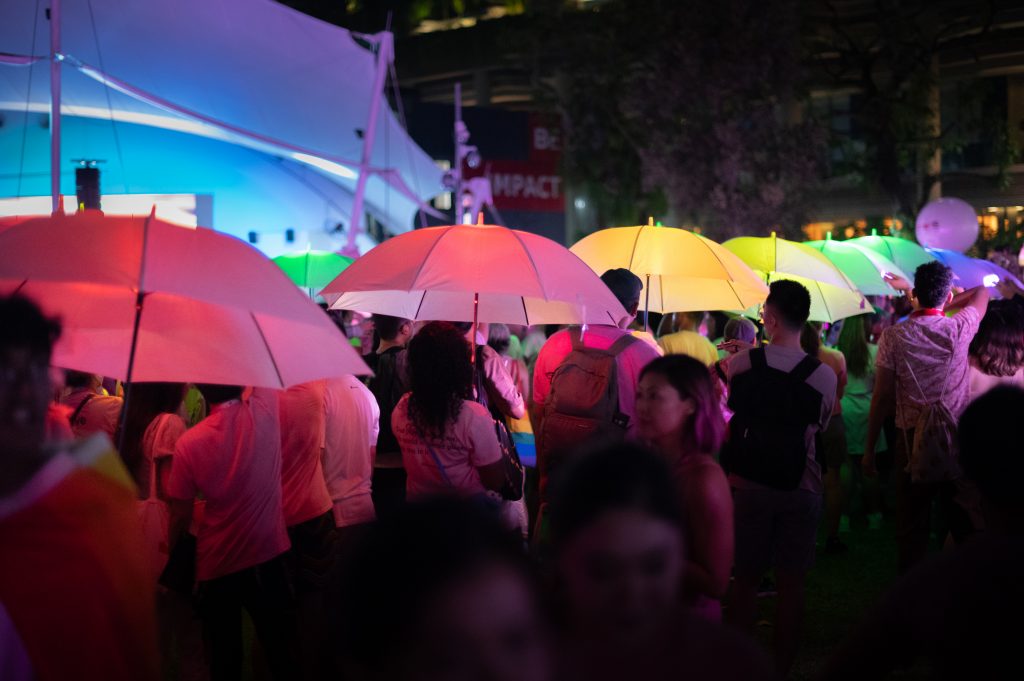Top image: Benjamin Tan / RICE File Photo
Well, Pride Month is off to a great start.
If you’ve somehow managed to avoid hearing about this, the Science Centre had planned an event exploring the differences between sex and gender, and their societal impacts. The lineup included an Associate Professor of linguistics, a drag queen, and an LGBTQ youth counsellor at Oogachaga who is also a transgender man.
However, the Science Centre cancelled the event within hours of publicising it on Facebook, citing “public feedback expressing concern”. It was later revealed that a Telegram channel named Protect Singapore had posted about the event.
The post, which now has more than 2,600 views, urged subscribers to “write in and express your concern to MOE and The Science Centre”. The channel describes itself as “a channel for those who want to safeguard the future of Singapore in the face of LGBTQ+ activism so that Singapore can continue to thrive”.
In light of the cancellation, LGBTQ groups such as Pink Dot have criticised detractors for standing in the way of inclusivity.
But it’s not just LGBTQ people who should be worried. How this incident played out says a lot about discourse in general and who has power in Singapore.

The Power of ‘Science’
Many opponents took issue with the Science Centre organising an event related to gender and social science. Protect Singapore argued that “None of the speakers are scientists themselves,” and “gender studies and their results are known to be highly controversial and unproven”.
The Straits Times also quoted Carol Loi. She’s a mother of two who also happens to be the International Director of Generations of Virtue, a US-based organisation that describes itself as “a ministry committed to teaching sexual wholeness and integrity, building family relationships, and equipping families to transform culture”.
Loi said that the event was “not representative of good science. A better mix of panellists would show professionalism and wisdom”.
Whew, that’s a lot to unpack.
What’s being implied in these comments is that the Science Centre should instead have held a discussion focused on biology, with biologists speaking about the biological apparatus of sex.
But the Science Centre never marketed this event as such, and as their spokesperson commented to The Straits Times: “Our Science Cafe session in June was intended to discuss the sociocultural factors that shape society’s understanding of sex and gender.” The choice of speakers—a linguist, a drag queen, and an LGBTQ youth counsellor—reflects this intent.
Additionally, the biological aspect of this discussion is not, in fact, “controversial and unproven”. Reputable scientific organisations such as the American Psychological Association state that sex refers to “one’s biological status as either male or female” while gender refers to “socially constructed roles”. While gender identity may be influenced by biological and social factors, it is undoubtedly distinct from sex.
Of course, none of this research matters to the crusaders of Protect Singapore. Because the concern here isn’t actually about science. Science just happened to be a convenient angle for this particular case because it’s the Science Centre.

The Science Centre and the Liberal Arts
Other commenters also took issue with the Science Centre—an educational attraction primarily for kids—as the organiser of this event, even if the event would have been held elsewhere. Some suggested that it would have been more acceptable had the event been held at Yale-NUS College, a liberal arts college.
This attitude reflects a perception that gender identity and research are more pseudoscientific and should be kept separate from the realm of Real Science. This is not unique to Singapore— National Geographic Magazine often gets negative comments on social media at the mere mention of anything gender- or LGBTQ-related.
Yet the magazine continues to run stories on LGBTQ topics, including a landmark issue on gender in 2017 (which, of course, got backlash).
The scientific community is increasingly moving towards breaking down the dichotomy between ‘hard sciences’, such as physics and chemistry, and ‘soft sciences’, such as psychology and sociology.
Critics say that this dichotomy implies that ‘soft sciences’ have less rigour, leads to a devaluation of the ‘soft sciences’, and perpetuates gender bias. Academics and educational institutions are also beginning to realise that the social sciences, humanities, and arts contribute in important ways to our understanding of the world. ‘Interdisciplinary’ is the buzzword of the day.
But while Institutes of Higher Learning push for interdisciplinary collaboration, the Science Centre—a Statutory Board of the Ministry of Education—caved to pressure against manifestations of interdisciplinarity.

Why Does it Matter?
The Science Centre’s position as a Statutory Board is precisely what placed it in the crosshairs of Protect Singapore. The organisation of a sociocultural discussion of gender, by the Science Centre, seemed to suggest the government’s support of what Protect Singapore called “gender ideologies”.
But science is not, and should not be expected to be, politically neutral. Widespread scientific acknowledgement of the difference between sex and gender does not reflect some sort of woke agenda or Western ideas infiltrating Singapore. Besides, this country has its own history of LGBTQ people—trans women were a frequent sight (and source of tourism) at Bugis Street in the 1960s and 1970s, and the late ex-President Benjamin Sheares even pioneered a surgical technique frequently used in gender-affirming surgeries for trans women.
Science affirming the validity of gender identity does not mean there is a political agenda, that’s just science.
What is political is how quickly and easily the Science Centre gave in to a mob of Facebook commenters. These comments bear all the marks of anti-LGBTQ conservatism seen in countries like the United Kingdom and the United States—appealing to “science” and demanding to protect children (from a ticketed 18-and-over event).

The Protect Singapore channel aims to “safeguard the future of Singapore” from “LGBTQ+ activism”. So what about Western-influenced anti-LGBTQ conservatism? For all our talk about foreign interference, is this not a form of interference as well?
On Public Discourse
The news of this event’s cancellation has also revealed that there are members of the public—not only LGBTQ activists—who are interested in the topic of sex and gender. While Protect Singapore claims to represent “ordinary people who simply had enough of LGBTQ activism and its negative impact on the field of science”, this has shown that there are plenty of ordinary people hungry for nuanced discussions about ‘controversial’ topics.
The ease with which a vocal minority (driven by an anonymous Telegram channel, no less) managed to pressure the Science Centre to cancel their event is worrying.
Even Oogachaga executive director Leow Yangfa said to CNA: “As we understand, this was a result of external pressure, and Oogachaga was not involved at all… We are somewhat puzzled as to why and how other agencies and stakeholders had such a powerful say about whether an event should or should not proceed.”
What this cancellation says is that a vocal minority does have the power to get events cancelled and silence productive discussion on topics they disagree with. But here’s a question: Is this power only accessible to certain types of minorities?

This is not limited to the Science Centre or LGBTQ topics. Science, family values, protecting Singapore, or any other concept can be appropriated by a group to make their cause seem palatable and acceptable, and therefore push for their way. What does this mean for discourse in Singapore?
Science—real science—shouldn’t be censored from ordinary people who want to learn more about the world around them.






